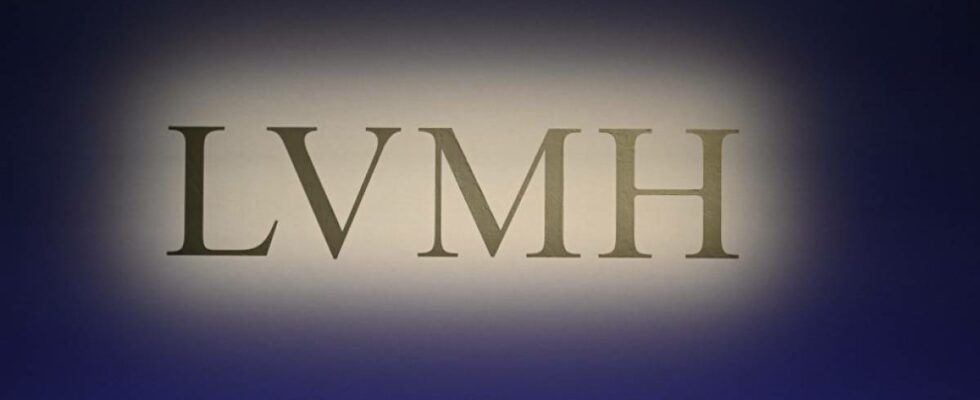(AFP / STEFANO RELLANDINI)
Hermès, LVMH, Ferrari… The luxury sector continues to shine with record profits and sales in 2023 for large groups, with a few exceptions and despite a slowdown in the market.
LVMH, the world’s number one luxury brand, set the tone with sales up 9% to more than 86 billion euros and net profit passing 15 billion euros (+8%).
In the process, Ferrari declared having crossed the billion euros in profit in 2023 and the Italian group Zegna came close to 2 billion euros in sales.
The saddler-leather goods maker Hermès received the best reception from investors, with net profit up 28% to 4.3 billion euros and sales up 16% to 13.4 billion euros.
The results of luxury groups are improving as the market returns to “normal” after two years of double-digit growth.
“We have reached a stage where we no longer need to have such strong growth,” assured Bernard Arnault, CEO of LVMH, during the presentation of his results.
“I find that between 8 and 10% is perfect,” he added, even assuring that he would “brake down” his flagship brands, Louis Vuitton and Dior. “For desirability, we should not try to have turnover as our objective,” according to him.
The year was more complicated for others, such as the British Burberry which revised its annual profitability target downwards citing a “slowdown in luxury demand”.
Kering also had a “difficult” 2023, according to its CEO François-Henri Pinault, whose group is seeking to relaunch its flagship brand Gucci. Kering’s net profit fell below 3 billion euros and its sales below 20 billion euros.
– “A return to reality” –
Kering, which also owns the Yves Saint Laurent, Bottega Veneta and Balenciaga brands, is working on “elevating the brands”, intended to capture a clientele “who have higher purchasing power”, François-Henri explained to the press. Pinault.
The groups which have had stronger growth in a slowing market are those which target a wealthier clientele and therefore less subject to inflationary vagaries, such as Hermès or Richemont (owner of Cartier).
“Before, whatever you did, good or bad, it worked,” explained Hermès manager Axel Dumas during the presentation of the results.
“Today we are in a world where when we do something good, it works, when we do something bad, we pay for it. I don’t know if it’s normalization or a return to reality” , he added.
In 2023, in the luxury market as a whole, there are brands for which “it has gone very well, others less so”, he said, noting a “polarization” of the industry luxury.
A polarization which could also lead to market consolidation. In its latest study for Altagamma, which represents Italian luxury brands, Bain and Company estimates that by 2030, “we should also witness a new wave of mergers and acquisitions, driven by the need to face the main challenges of the sector “.
Asked about a possible purchase of Richemont, Bernard Arnault paid tribute to its CEO, Johan Rupert, “an exceptional leader” who has “no desire to disturb his strategy”. “I understand that he wants to remain independent. I find that very good and if he needs support to maintain his independence, I will be there,” he slipped.
